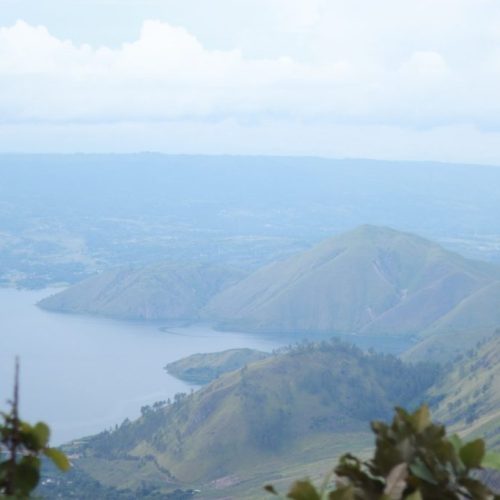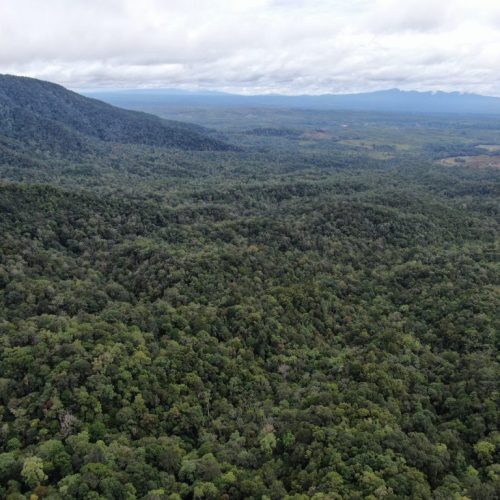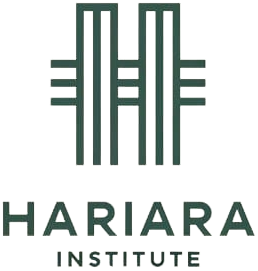
ABOUT US
The Hariara Institute is dedicated to environmental conservation and education in the Lake Toba area. Its name, “Hariara,” is derived from the Toba Batak language, referring to a large and sacred tree. In Latin, this tree is known as Ficus drupacea and holds deep philosophical significance for the Batak people, symbolizing a prosperous life. The Hariara tree represents the harmony between nature and humanity, with each part of the tree carrying its own meaning: the leaves symbolize protection from danger, the stem signifies good fortune and blessings, and the roots embody unity between people and the natural world.
OUR VALUES
EXAMPLE
Being a role model in conservation and sustainability practices.
justice
Upholding the principles of justice and equality in the management of natural resources.
collaboration
Building active collaboration with the community, government, and private sector.
EDUCATION
Encouraging public understanding and awareness of the importance of conservation and its impact on daily life.
inclusiON
Creating space for everyone in the community to participate in conservation efforts and advocate for environmental and community rights.
INTEGRITY
Hariara Institute is guided by the principles of trust and care, which form the foundation of its mission to preserve Lake Toba.
LATEST ARTICLES
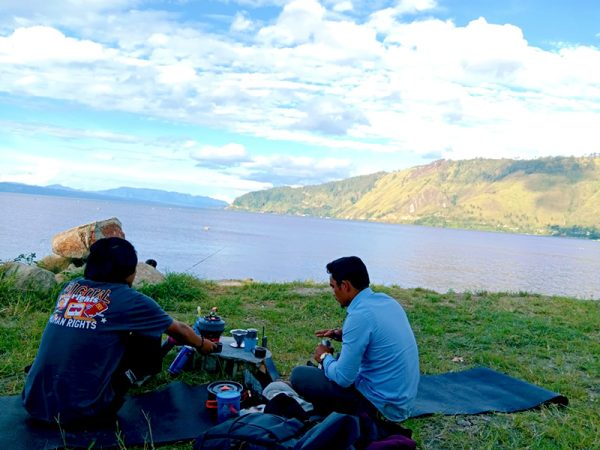
Tipang Village: A Model of Sustainable Agriculture and Community-Based Tourism on the Shores of Lake Toba
Nestled on the edge of Lake Toba, Tipang Village tells an inspiring story of balance between sustainable agriculture and eco-tourism. Covering an area of 512 hectares in Bakti Raja District, […]
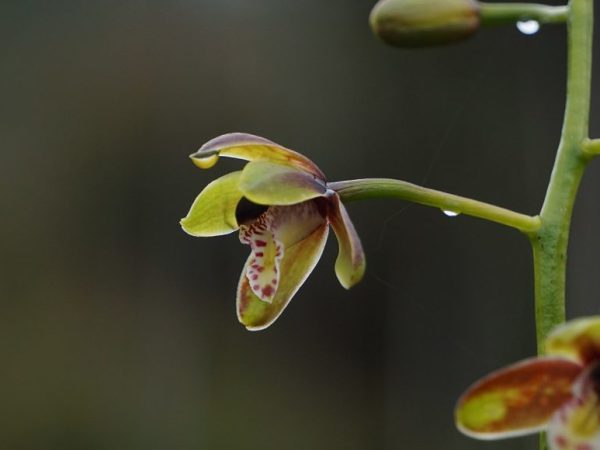
Conserving North Sumatra’s Rare and Endemic Tien Orchid, Cymbidium hartinahianum
The Ibu Tien orchid (Cymbidium hartinahianum) is a rare and beautiful endemic orchid species of North Sumatra, Indonesia, named in honor of Raden Ayu Siti Hartinah, the wife of the […]

Swarno Lumbangaol’s Mission to Protect Lake Toba’s Endemic Mahseer Fish
Swarno Lumbangaol, a tourism master’s graduate, returned to his hometown of Bakkara Village after 20 years of teaching in Aceh, North Sumatra, to continue his family’s fish farming tradition. He […]
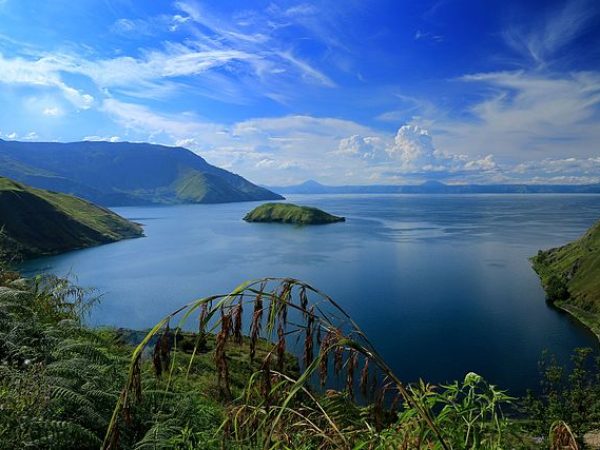
Weaving the History of Toba: From Ancient Volcanic Eruptions to a UNESCO Global Geopark
Lake Toba was formed from the caldera of an ancient volcano, which last erupted about 74,000 years ago. The eruption spanned thousands of kilometers, from the Indian subcontinent to southern […]
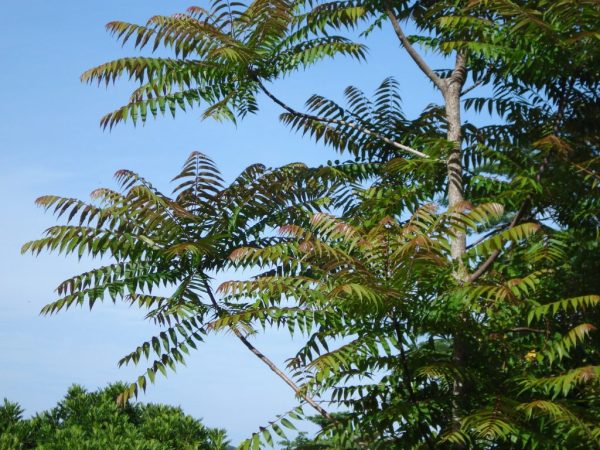
The Ingul Tree: Sustaining Batak Toba Heritage
The Ingul tree, integral to the Batak Toba community, is used for crafting traditional fishing boats “solu”, natural pesticides, and foundations for traditional houses. Declining fish populations and environmental […]
VISION AND MISSION
Our vision is to be a source of blessing for many communities in the fields of social welfare, da’wah (Islamic outreach), health, education, and to create a community with strong faith and economic stability.
Our mission is to protect, restore, and preserve the biodiversity and natural ecosystems of Lake Toba. Our primary focus involves efforts to prevent environmental damage, conserve habitats, and raise public awareness about environmental issues in the Lake Toba region.
OUR WORK
1. Nature Conservation
- Protecting and preserving biodiversity and natural ecosystems.
- Developing conservation programs for endangered species.
- Carrying out rehabilitation efforts in critical environments or forests.
2. Environmental Education
- Providing holistic environmental education for all segments of society.
- Integrating conservation principles into formal and informal education curricula.
3. Sustainable Innovation
- Designing and promoting sustainable innovations in the use of natural resources.
- Exploring the potential of natural resources for the development of environmentally friendly technologies.
4. Research and Development
- Conducting scientific research to support sustainable conservation policies.
- Developing innovative solutions for environmental challenges.
5. Community Empowerment
- Empowering communities in conservation and sustainability efforts.
- Encouraging active community participation in environmental programs.
6. Sustainable Community Development
- Initiating and supporting sustainable development projects in local communities.
- Facilitating partnerships with stakeholders to enhance environmental sustainability.
7. Philosophical Education
- Disseminating and integrating the philosophical values of Roots, Trunk, and Branches into daily life.
- Promoting awareness of the interconnectedness between humans and nature.
8. Partnerships
- Striving to establish partnerships with government, the private sector, and non-governmental organizations to support conservation efforts.
- Building partnerships with international institutions for global conservation initiatives.
- Contributing to the global community to achieve sustainability goals.
